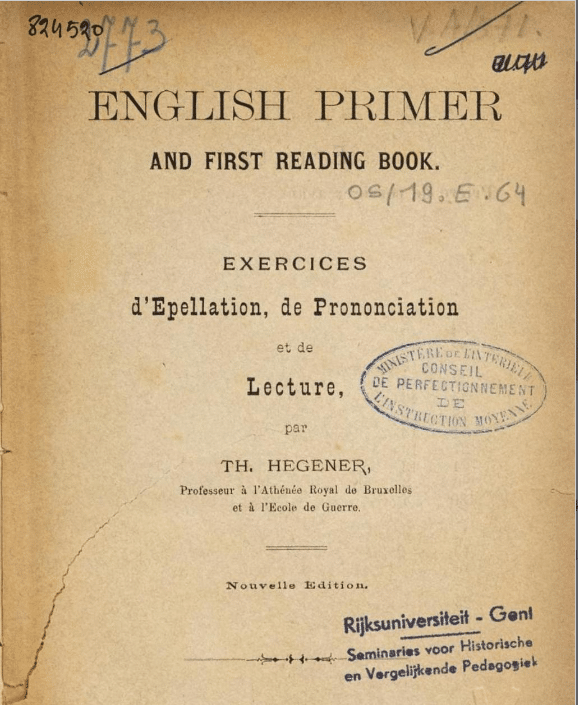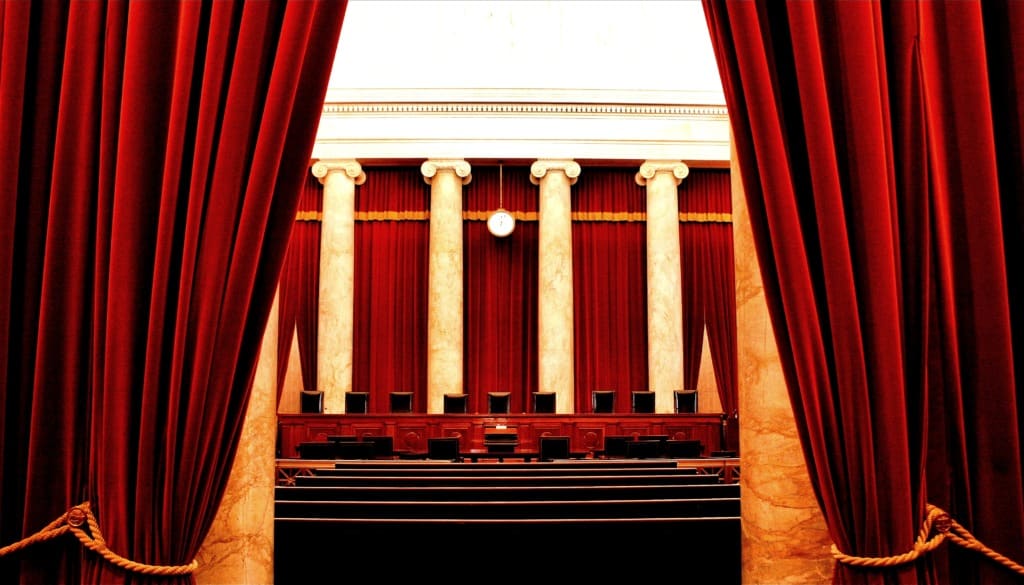Rejecting Comity-Based Abstention in Human Rights Cases
Defendants in transnational human rights cases may seek dismissal on a great many bases—so many, in fact, that it can be hard to keep them all straight. One growing source of confusion is the argument that a case should be dismissed based on “comity.” The problem is that comity isn’t a single doctrine. But because…
Continue ReadingVisiting Judges at Home and Abroad
Readers may be familiar with phenomenon of visiting judges—where judges from one federal court sit by designation on a different federal court. These judges are typically restricted from holding any other office or sitting on foreign or international courts. But after they leave they bench, they may do whatever they please. The latest issue of…
Continue ReadingSupreme Court Grants Cert in Admiralty/Choice-of-Law Clause Case
Earlier today, the Supreme Court granted cert in Great Lakes Insurance SE v. Raiders Retreat Realty Co. LLC. The question presented is whether, under federal admiralty law, a choice-of-law clause in a maritime contract can be rendered unenforceable if enforcement is contrary to the “strong public policy” of the state whose law is displaced. The…
Continue ReadingThe Impossibility of Serving Russian Defendants
The Hague Service Convention is a blessing and a curse. By obligating each country that has joined to designate a Central Authority for effectuating service of process on defendants within its territory, the Convention provides a means of service that respects foreign sovereignty, complies with federal rules, and helps ensure the enforceability of resulting judgments….
Continue ReadingMaterial Support of Terrorism Looms over Supreme Court’s Social Media Case
On February 22, 2023, the Supreme Court heard oral argument in Twitter v. Taamneh. The case concerns an act of violence committed by ISIS in a Turkish nightclub in 2017. In bringing suit in the lower courts, plaintiffs alleged that Twitter, Facebook, and Google aided and abetted ISIS’s attack, in violation of 18 U.S.C. §…
Continue ReadingAnother Court Rejects Chinese Data Privacy Law as a Bar to U.S. Discovery
A second U.S. decision has held that China’s Personal Information Protection Law (PIPL) did not bar a U.S. discovery request because of an exception in the law for statutory obligations. As previously reported on TLB, a federal court in California held last year that the PIPL’s exception for transfers “necessary to fulfill statutory duties and responsibilities or…
Continue ReadingA Primer on Choice of Law
Choice-of-law rules are used to determine the rights, duties, and liabilities of persons involved in a case with a connection to more than one jurisdiction. In the United States, most choice-of-law rules are state law; the federal government rarely legislates in this area. Courts in the United States apply the same choice-of-law rules to international…
Continue ReadingSupreme Court Likely to Shield Internet Platforms from Liability for Terrorist Acts
On February 21 and 22, the Supreme Court heard oral arguments in two companion cases regarding the liability of internet platforms for terrorists’ use of their services. Gonzalez v. Google concerns the scope of immunity for internet companies under 47 U.S.C § 230, specifically whether that statutory grant of immunity covers a platform’s automated suggestions…
Continue ReadingAn Exemplary Decision
It is important to have high standards… especially when it comes to forum selection clauses, personal jurisdiction, and forum non conveniens. Since its inception, this blog has discussed a number of judicial decisions where these high standards were not fully met. One can find posts offering criticism here and here and here and here and…
Continue ReadingA Primer on Transnational Discovery
Discovery is a formal process in which each party gathers information relevant to its case. Transnational discovery may be necessary to obtain information located abroad for use in U.S. courts or to obtain information located in the United States for use in foreign courts. As a general matter, courts may order parties subject to their…
Continue Reading





